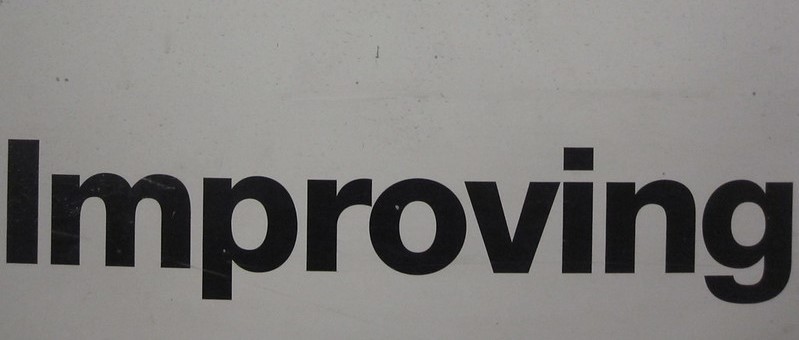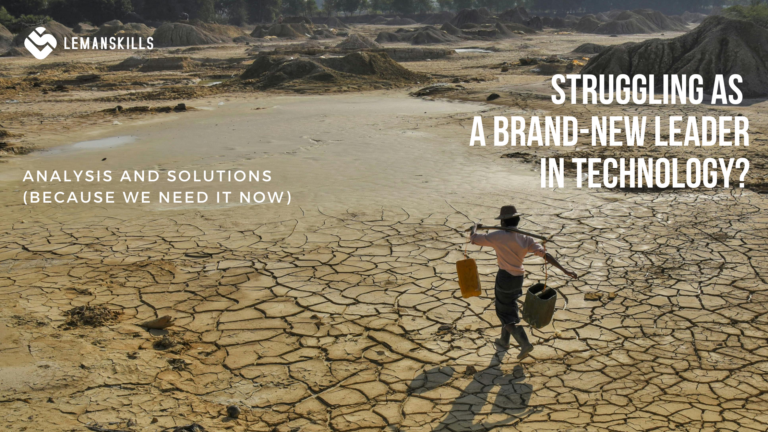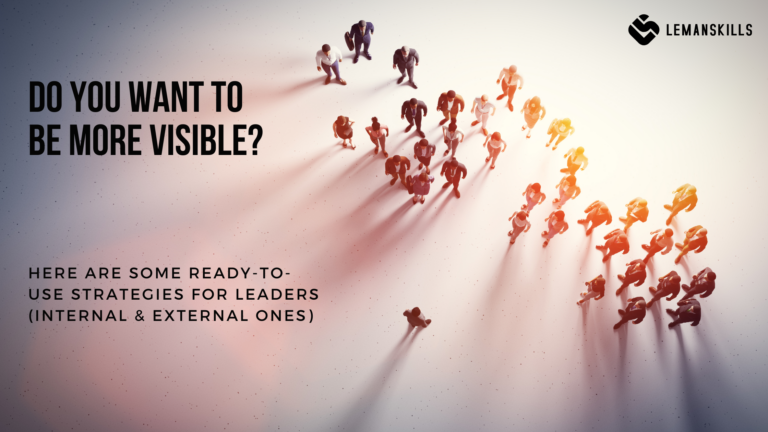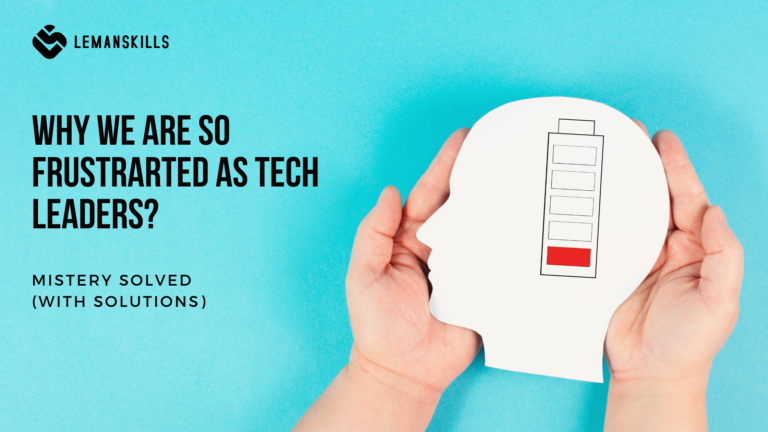Many of us wait for the perfect day when a certain thing happen and then we can start doing what we dream of.
When my kids are out for university, I’ll start travelling.
When I retire, I’ll read every day.
When I have X amount of money, I’ll start my own business.
When I have X years of experience, I’ll share it with others.
You name it, you get the idea. We often wait for a moment X to start doing Y. It sometimes makes sense, taking into consideration the basic need of safety, security of our finances, our family or a business. But pretty often it is just an excuse, waiting for something that might never happen. Why we do it? Mostly because we are scared of the change, we don’t like feeling uncertainty and taking uncomfortable action. How many times you’ve heard the sentence “you should be happy about what you have”, when you told somebody about your idea, business plan or a new habit that you want to build? How many times you’ve heard: “you should settle in, in your age it’s not appropriate to behave like that”, when you told somebody about the new passion or career path you want to go all in?
I know I’ve heard it enough to agree to be mediocre, because other people couldn’t stand that I move and learn all the time. Because they felt uncomfortable. But I never leaned on it, I’ve stayed resistant to all of those voices that wanted to keep me with them where it’s “safe” (whatever that means).
And today I want to share with you 5 elements that help me every day to stay on the right track, where I feel that I learn and I’m better than myself from yesterday. Despite the circumstances, hard times and other people that may not be able to do it for themselves. Inspired by Tony Robbins.
Feed your brain with good content every day
All of us learn differently. Basically, there are 4 types of learning styles:
- visual (need to SEE and OBSERVE to learn),
- auditory (need to HEAR to learn),
- kinesthetic (need to EXPERIENCE and DO to learn),
- reading/writing (need to READ to learn).
How do you prefer to learn? When do you remember the most (by using which way of learning)? Understanding our individual preferences is crucial to make a decision about how to feed our brain. Once we have a favorite medium, we can go to the choice of what we consume. And why this is so important to provide ourselves a good content?
It’s like with this saying: “you become what you eat” or “you are the average of 5 people you spend the most of your time with”. What kind of content you absorb has a tremendous influence on how you think, how your mindset is formed and in a consequence of those: how you make your decisions about life and work.
Good content means a content that makes you a better: person, employee, entrepreneur, writer, sales person, negotiator, analyst, manager, parent, friend, partner. Something that nourish your body and mind, that allows you to be a better human being that you were yesterday. This is the main frame you should use: don’t compare yourself with others, compare yourself with you from yesterday.
Does your content support who you want to become? Or most of it is rather internet memes, social media bs or endless series watching one after another? Don’t get me wrong: that’s fine to get some rest, fun or amusement. The questions is: what is the ratio between the “fun without value” and valuable content you keep reading or watching on a daily basis? Spend 30 minutes every day on feeding your brain with something valuable and you will see a huge difference in your life.
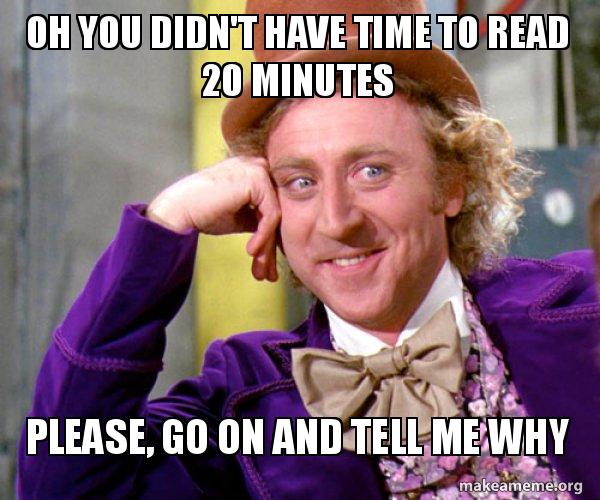
Feed and move your body
How you treat your body is how you feel every day. If you eat trash food, you will feel like trash. Do you often have low level of energy? Do you have bad mood, feeling sad, angry or tired a lot? Do you feel physical pain in your body when you are in your 30s or 40s and nothing bad actually happens with your health?
90% of the cases like that happen because of a poor diet and being in sitting position for the whole day: at work and then on the couch. That’s how people in their 30s feel, behave and speak like they were in their 80s. Eat well, put in your diet as many super food as possible: fruits, vegetables, high-proteins, low-processed food, healthy fats. Move your body: go for a walk, jump, do push-ups, go for a run or swim. Do yoga, work on your balance or strength. The possibilities are endless, and don’t say that you don’t have time. It can be 5 minutes of jumping around with your dog or a kid. Or 10 push-ups while waiting for a coffee to be ready.
When the body doesn’t move, it dies. I guess that you don’t want to die anytime soon, right?
Find role models
When we think about the last hundreds of years that people have been living on this planet, there were a lot of very smart, successful (in different areas of life) women and men that have been discovering one thing after another. And nowadays, most of us have unlimited access to everything that was gathered through all of this time. We don’t need to reinvent the wheel in many situations and contexts: we just can reach for it’s already there, redesign it a little bit so it fits ours current needs and just go for it.
Lazy? Not at all. That way we can simplify everything we do, and spend energy where it is really important and where it can really change something. Go and use Google or ChatGPT. Ask about 10 best people in the area that you want to master (again: as a person, parent, partner, entrepreneur, employee, manager, writer, you name it). Read, watch, listen every piece of document that is available about that person. Absorb it. Choose what resonates with you and start looking through those different lenses. Sometimes that’s all you need to change your perspective. And it’s not about being a copy or a version of somebody else. It’s recreating the experiences, tools and thoughts, so they are ultimately your own and they work for you: in what you need and want to achieve as a person.
Take massive action
We can plan everything. Prepare beautiful MIRO walls or excel spreadsheets with goals, actions, milestones and OKRs. Fill out pretty growth/productivity apps. You can tell everyone what you are going to do, share the excitement with them, or if you prefer, you can do quite the opposite: you keep everything to yourself, visualize how your life is going to change after doing what you want to do.
But even the best plan is not going to magically work on its own. It’s you who need to keep it moving forward, action by action, step by step. And to have a massive result, a big, lifechanging shift, you need to take massive action. It can be scary, even dangerous for some of us (when we have bigger risk aversion than others). It sure is uncomfortable: even if we deal pretty well with change and uncertainty. Taking massive action means to go all in. To be courageous, make bold decisions, taking risks, even if something looks impossible to do at the beginning. It means to keep going, day after day – even when it’s hard. To stay consistent.

Of course we can change the way we operate, be adaptive to what is happening around us. It’s not about acting in a tunnel vision mode, meaning: when I decide something, I’ll do it no matter what. Let’s not confuse consistency with stubbornness or stupidity.
Give way more than you ever expect to get
One of the most common and limiting need is to feel equal and fairly treated every time we “exchange” something with someone else. When I give somebody a good feedback/recognition, I expect to get the same from them. When I prepare dinner for my partner, I expect him to make some breakfast the next day. When I clean the house one week, I expect my family to do it the next one. And so on, you get the idea.
Somewhere in our brain, on an unconscious level we have this chart where we tick “yes” every time we or other people do something. And when the equation doesn’t match, we feel frustrated, sad, even angry: we feel and think that no one respects our needs, and we do so many things for others. That it’s not fair. It might be true is some cases, but in others it’s a huge exaggeration.
By throwing this chart out the window we can get a new level of freedom. We can be free of the expectations that can never be covered, because the ideal equity doesn’t exist in this world. And expectations are mostly disappointments, we like it or not. I’m not saying that you should do everything for everyone, at the expense of yourself, your time and health. It’s not about feeding the “Please People” driver.
It’s about giving value, teaching others, supporting them if we have time, skills and will to do that. It’s about being there for people that really need our help, wisdom or presence – sometimes it’s all they need to be in a better place. And most importantly: it’s about sharing without having a strong need for getting back the same amount of everything you give.
Reflect on those 5 elements that I mentioned in this article. Do you have them in your daily life? If not, why is that? And again: don’t say you don’t have time. We all have the same amount of time, the key is to use it in the best possible way. See what you can do better, every day.

